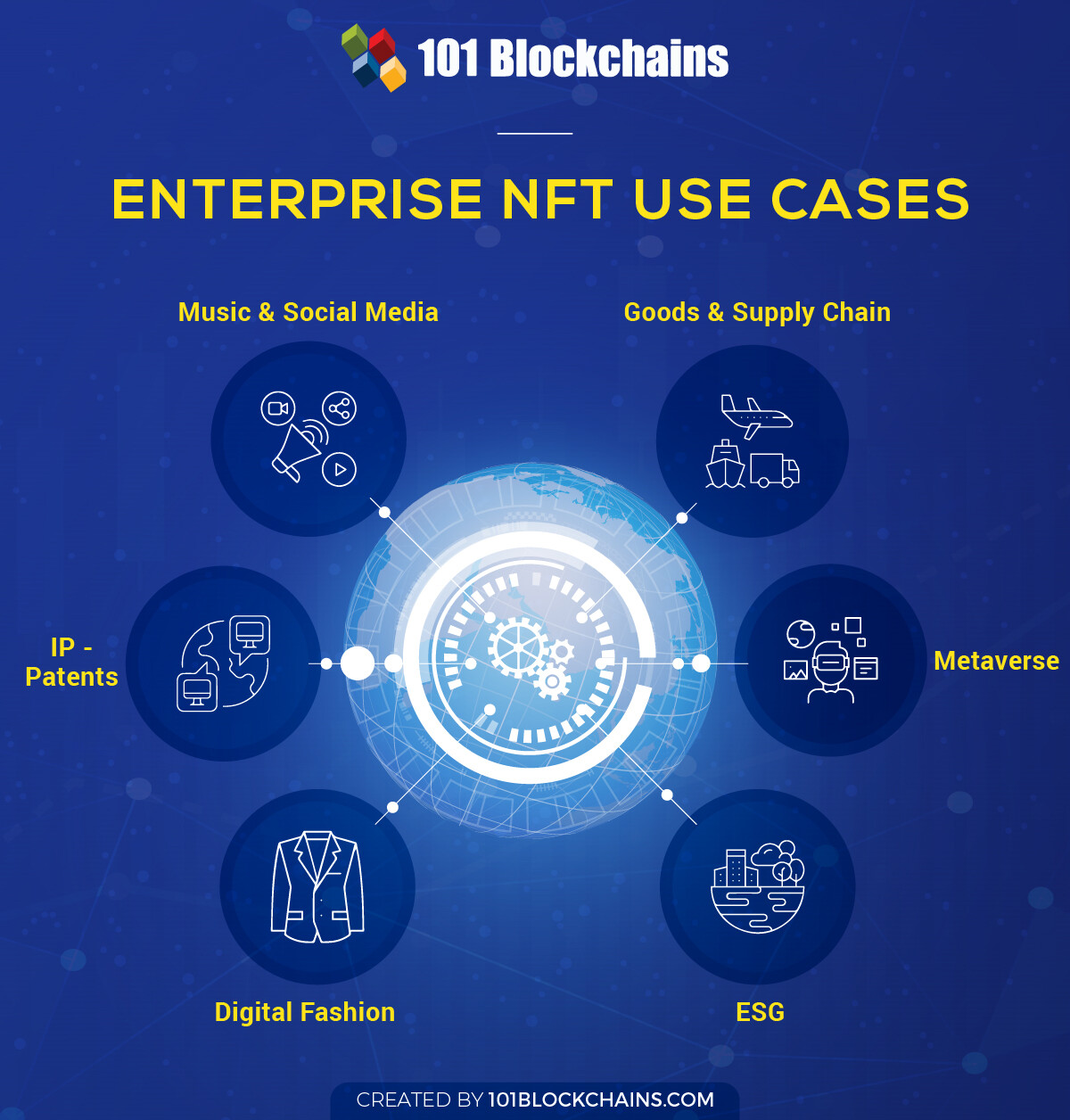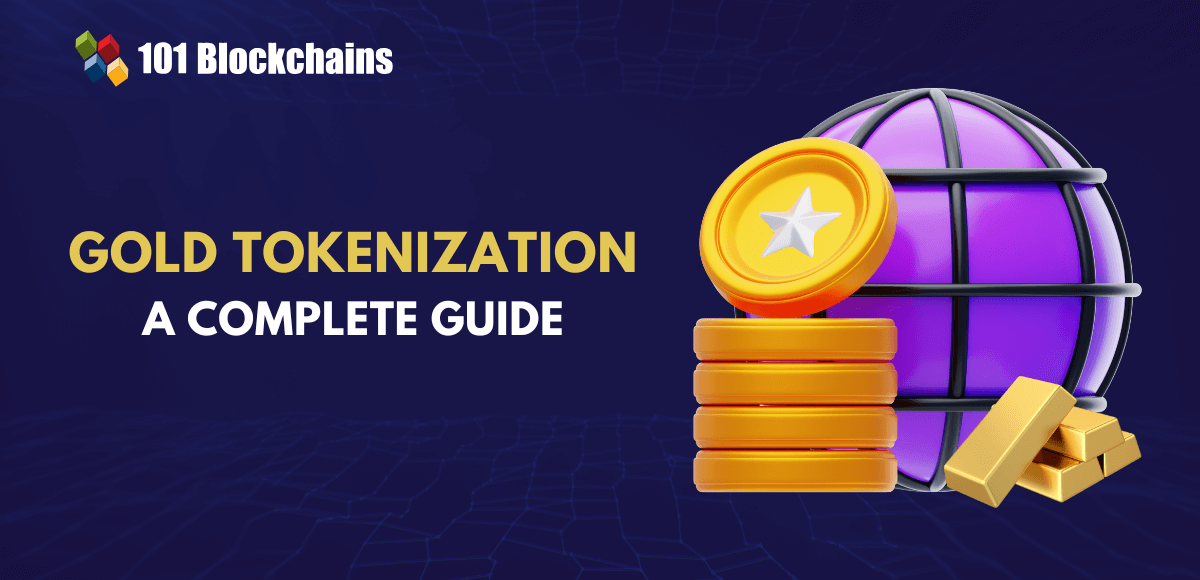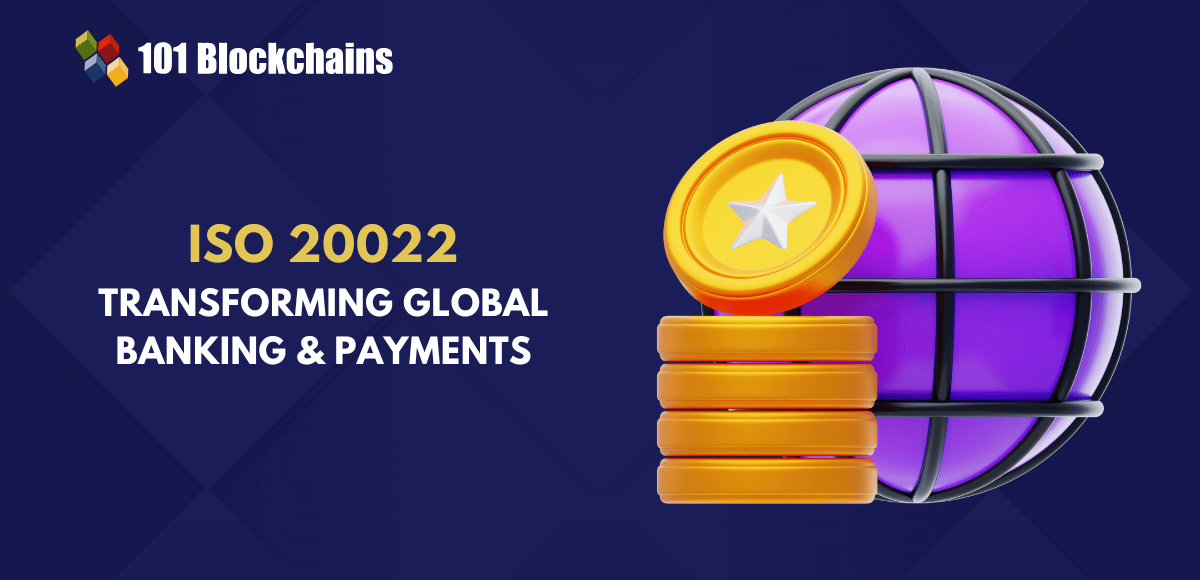Learn how blockchain truly works, master key definitions, and uncover what makes smart contracts so "smart." Dive into the fundamentals, gain valuable insights, and start your blockchain journey today!
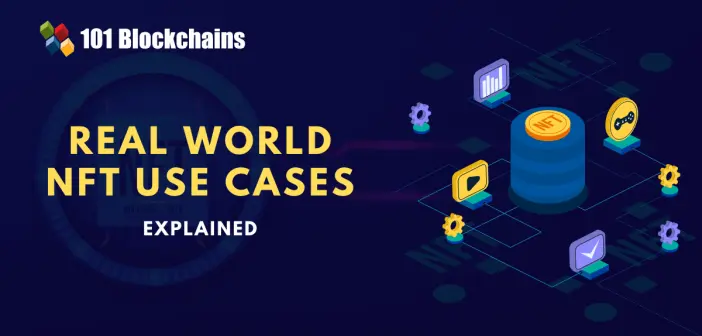
- Guides
Diego Geroni
- on September 08, 2021
Real World Enterprise NFT Use Cases – Explained
Investors and enthusiasts are equally troubled about the concerns related to non-fungible tokens. Are NFTs an interesting phenomenon that would sustain the test of time or just another bubble that expands on mainstream popularity? The substantial possibilities associated with NFTs call for an evaluation of real-world examples and NFT use cases for identifying their value. In the simplest sense, NFTs are basically digital tokens pertaining to virtual and real assets.
While NFTs have been encountering profound challenges in their growth, they have also emerged as prolific instruments for the monetization of intellectual property and digital assets. At the same time, NFTs have also been considered efficient tools for the verification of the authenticity of physical assets on the blockchain. With the staggering potential for value in NFTs, it is important to reflect on non-fungible token use cases for understanding NFTs comprehensively. The following discussion helps you discover the top use cases of NFTs with notable real-world examples.
How NFTs Came to the Limelight?
NFTs are unique cryptographic assets that are created, stored, and traded on blockchain networks. As of now, the preferred choice of a blockchain network for NFTs is Ethereum. However, many other blockchain platforms would soon become available for minting NFTs. The non-fungibility of these tokens makes them unique, and they cannot be interchanged with each other. Conversion of real-world assets into digital assets ensures improved efficiency of processes.
At the same time, NFTs could also establish better platforms for easily verifying the authenticity and scarcity of information on different digital platforms. The market cap of almost $2 billion for an industry in the first quarter of 2021, which started in 2014, is definitely commendable. Therefore, it is reasonable to wonder about the use of NFT in the real world. How would businesses make the most of unique benefits with NFTs?
Excited to learn the basic and advanced concepts of ethereum technology? Enroll Now in The Complete Ethereum Technology Course
Top Enterprise Use Cases of NFTs
The applications of NFTs have established some great examples of improvement over legacy systems. While many are quick to assume that NFTs are only meant for digital art, there is a lot to the world of NFTs than we imagine. There is no doubt that the growing interest in NFTs is largely due to the recent lucrative sales of digital artworks as NFTs.
However, it is important to know how NFTs can work in other applications in the real world. The feasibility of different types of NFT use cases could support the large-scale adoption and growth of the domain of NFT. Here are some of the prominent enterprise use cases of NFTs which can improve your understanding of their potential.
Want to get an in-depth understanding of non-fungible tokens (NFTs)? Enroll Now in NFT Fundamentals Course.
-
Music & Social Media
The foremost answer to ‘what are the use cases of NFTs?’ will obviously take you to the world of music. Content creators have the most favorable tool in NFTs for removing intermediaries between them and their followers and fans. Furthermore, NFTs can also serve as effective tools in offering consumers a unique purchasing experience. For example, an artist could mint only 100 select copies of their latest song as NFTs and put them up for auction. Buyers would be eager to pay the highest price for owing access to these exclusive pieces of music as NFTs.
The most striking aspect of the use of NFT in music reflects on the ownership rights of artists. As the creators of NFTs, music artists could earn royalties on every subsequent re-sale of the NFTs of their work. In addition, they could also easily prove the authenticity of their ownership on the blockchain. The social media industry is also another example of using NFTs for creating social awareness. Furthermore, many notable brands are adopting NFTs as instruments for their marketing efforts on social media.
-
Intellectual Property and Patents
Patents easily qualify as an illiquid asset of an organization, especially because they fall in the category of intellectual property. The implementation of NFTs for patents could help in the tokenization of patents. As a result, patent owners could easily discover profitable avenues for the commercialization of their patents.
Interestingly, the non fungible tokens use cases for patents also enable open, highly secure, and easily accessible trading environments. In addition to patents, organizations could have multiple assets which are associated with intellectual property rights. Fractional ownership of an asset could support the sharing of IP rights among different buyers. Consequently, enterprises could also leverage fractional ownership for establishing additional revenue streams.
Want to learn the fundamentals of tokenization? Enroll Now in Tokenization Fundamentals Course
-
Goods & Supply Chain
Blockchain can be a reliable technical support for the goods & supply chain industry. Many notable organizations such as Amazon have already started using blockchain for tracing their product’s journey through the supply chain from point of origin to the customer.
The transparency and immutability traits of blockchain can provide the ideal answer for ‘what are the use cases of NFT?’ for the logistics sector. Transparency and immutability ensure the reliability and authenticity of the supply chain data. Customers are increasingly becoming aware of storage locations and duration of storage for perishable goods such as food and other commodities.
The use of NFT in the goods and supply chain management sector could introduce the added value of representation for unique products. NFTs can help in tracking products when you have metadata pertaining to their origin, journey as well as warehouse locations.
-
Digital Fashion
Notable luxury brands such as Louis Vuitton, Gucci, and many others have expressed confidence in the potential of NFTs. Fashion brands want to leverage NFTs as a vital tool for brand promotion. The distinct traits of NFTs could help the leading fashion brands help in strengthening the trust of customers.
NFT use cases in the world of fashion could also encourage improved safeguards for product authenticity. Renowned luxury brands continue to incur huge losses in revenue and brand reputation due to fraudulent copies of their products. With NFTs, customers can be sure of having access to original products of the brands they purchase from.
Build your identity as a certified blockchain expert with 101 Blockchains’ Blockchain Certifications designed to provide enhanced career prospects.
-
Environmental Social Governance
Environmental Social Governance of ESG is also one of the foremost use cases of NFTs. World leaders have called for reducing the carbon footprint, and the use of NFTs could support the cause productively. Most important of all, the non fungible tokens use cases in ESG could use the blockchain’s unique identifiers in the field of carbon trading and carbon markets. China has recently declared that it is the largest carbon market. In addition, it also looks at prospects for using NFTs, blockchain, and DLT to encourage the adoption of carbon trading.
-
Metaverse
Metaverse is one of the significant points of focus for technology companies, social media companies, and Fortune 500 companies in present times. NFTs can offer a unique way of creating an avatar in a digital world. As a result, you can have a virtual world in which the uniqueness of the avatar would determine its value.
The example of in-game cards as one of the NFT examples shows how NFTs can bring value. As the game progresses, the in-game cards become valuable on the grounds of rarity. Most important of all, their details are locked on the blockchain when you have them as NFTs. So, NFTs have the potential for setting up ecosystems where digital objects could derive appropriate value.
Real-life Examples of NFT Use Cases
The different enterprise use cases of non fungible tokens showcase the ways in which NFTs change the world of business. Here are some top examples to show the adoption of NFTs by top brands.
-
Coca Cola
Coca-Cola is probably one of the top-tier brands to enter into the domain of NFTs recently. The company entered the metaverse by issuing collectibles of the vintage Coca-Cola bottle as NFTs. Interestingly, the company was successful in collecting almost $575,000 for the collectibles in the online auction. The example of Coca-Cola among non fungible tokens use cases shows how NFTs can encourage community involvement and brand marketing with an additional revenue stream.
-
IP NFTs
Intellectual property rights management is one of the top use cases of NFTs. The most recent example of the use of NFT for intellectual property is the collaboration between IPwe and IBM for transforming corporate patents. The collaboration aims at creating an ecosystem for the tokenization of patents, thereby enabling easier commercialization, licensing, and sales of patents.
-
Metaverse
The NFT examples in the metaverse would directly take you to Facebook. The leading social media network is planning on evolving into a virtual environment that allows people to have an immersive experience. Facebook could utilize the logical extension of virtual and augmented reality over its existing technological infrastructure for creating the metaverse. Furthermore, Facebook has plans for enabling users to socialize, interact and build the virtual world around them with digital avatars.
-
Digital Fashion
Another unique example of the practical non fungible tokens use cases refers to digital fashion NFTs. Recently, a virtual fashion brand is known as RTFKT successfully auctioned off a digital jacket for more than $125,000 USD. In 2019, another fashion brand, The Fabricant, issued the first digital-only blockchain dress, known as Iridescence Dress.
The value of the Iridescence Dress at the time of its issuing was $9,500. Over the course of time, its value must have increased substantially. Interestingly, top fashion brands such as LVMH, Hermes, Gucci, Marc Jacobs, and Burberry are thinking of diving into NFTs.
Start learning Non-Fungible Token with World’s first NFT Skill Path with quality resources tailored by industry experts Now!
Final Words
It is quite clear that NFT use cases have the power to introduce productive improvements across different sectors. Most important of all, the distinct traits of NFTs make them a strong instrument for changing the perception and management of assets.
With a unique representation of physical and digital goods on a blockchain, NFTs provide a wide array of valuable benefits. Starting from music and social media to the possibilities of a metaverse, non fungible tokens have the capabilities for ESG also. You should start reflecting on the basics and attributes of NFTs to understand how they are a unique tool now!
*Disclaimer: The article should not be taken as, and is not intended to provide any investment advice. Claims made in this article do not constitute investment advice and should not be taken as such. 101 Blockchains shall not be responsible for any loss sustained by any person who relies on this article. Do your own research!
